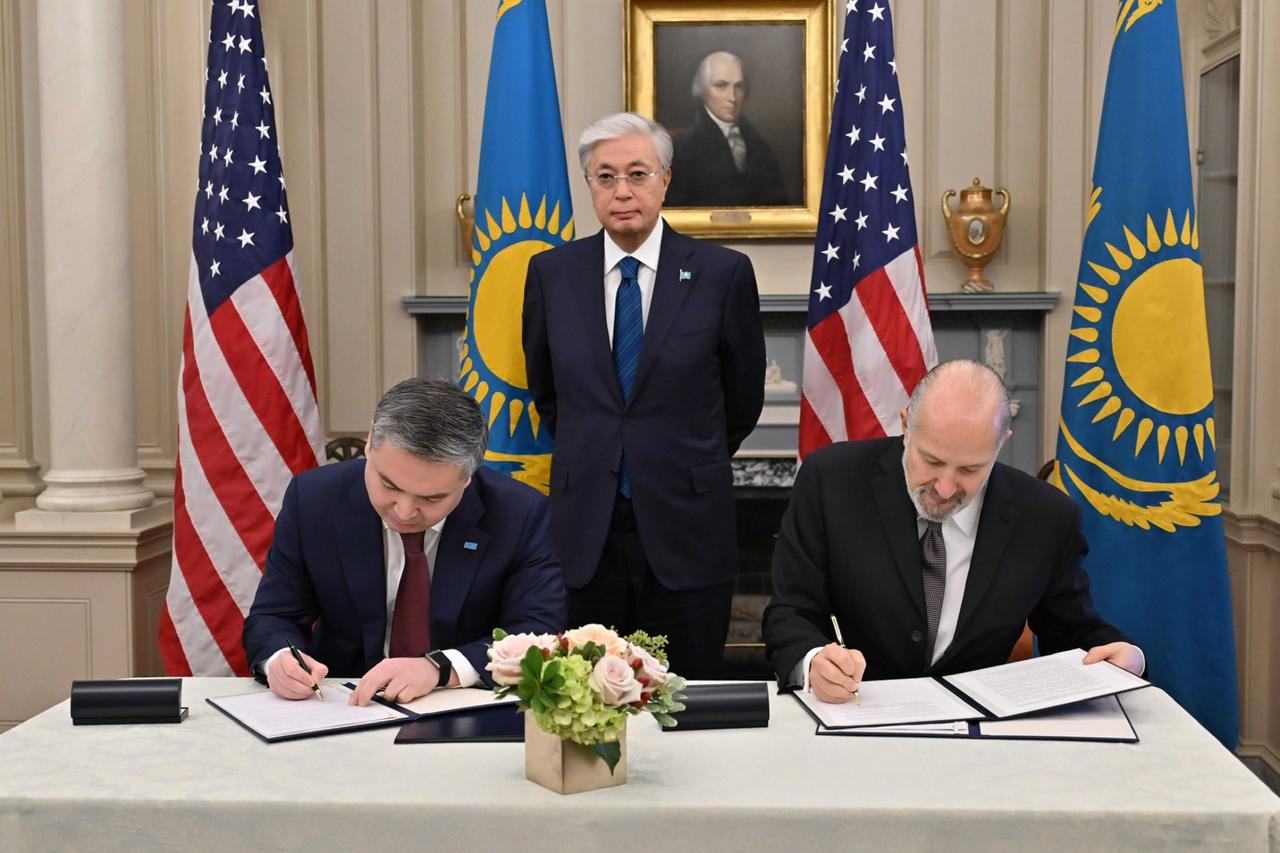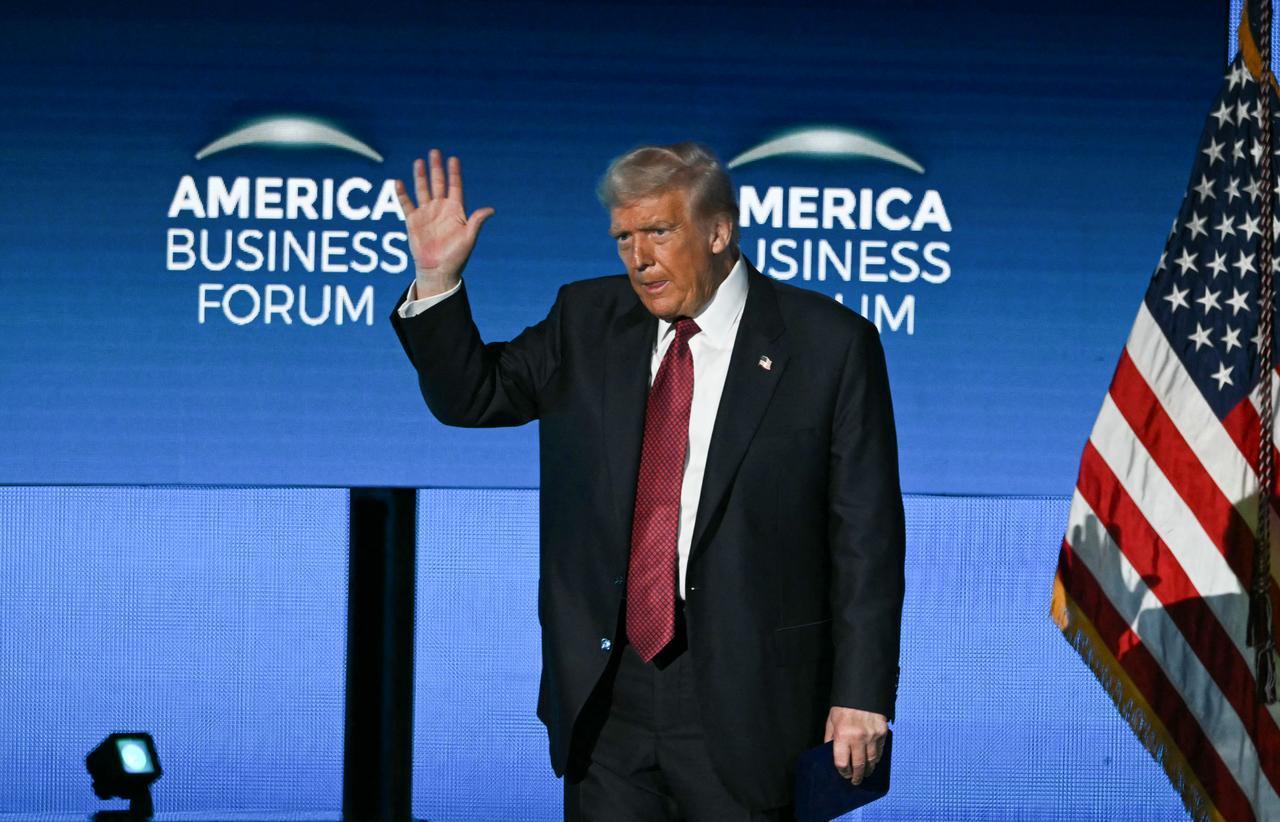
Kazakhstan announced Thursday that it joined the Abraham Accords, a diplomatic framework through which several nations normalized relations with Israel during President Donald Trump’s administration.
"Our anticipated accession to the Abraham Accords represents a natural and logical continuation of Kazakhstan's foreign policy course — grounded in dialogue, mutual respect, and regional stability," the Kazakh government said in a statement.
Trump’s special envoy Steve Witkoff had earlier confirmed that a new country would be joining the accords, without specifying the name, but Axios reported that Kazakhstan is the new signatory.
While Kazakhstan has long maintained diplomatic relations with Israel, it is expected to join the accords to "reinvigorate" the initiative, the statement said.
The Abraham Accords, first established in 2020, saw the United Arab Emirates, Bahrain, and Morocco normalize relations with Israel under U.S. mediation. The initiative was widely seen as a strategic realignment in the Middle East, aiming to promote economic and security cooperation between Israel and Arab nations.
Saudi Arabia had been in advanced discussions to join the framework, but talks stalled after the outbreak of the Gaza war in October 2023. The kingdom has maintained that normalization with Israel cannot proceed without progress toward the establishment of an independent Palestinian state—a stance long opposed by Israeli Prime Minister Benjamin Netanyahu.
At the same forum in Miami, Trump said several countries were now "joining the Abraham Accords" and expressed hope that Saudi Arabia would eventually do so, while humorously noting to the audience—which included Saudi Ambassador to the United States Princess Reema bint Bandar Al Saud—"But I’m not saying that."

The announcement followed President Kassym-Jomart Tokayev’s visit to Washington for the 10th C5+1 summit, a platform that brings together the United States and five Central Asian nations—Kazakhstan, Kyrgyzstan, Tajikistan, Turkmenistan, and Uzbekistan—to discuss regional economic and security cooperation.
During the visit, Kazakhstan and the U.S. signed a memorandum of understanding (MoU) on cooperation in critical minerals, an area of growing strategic importance for both nations. The agreement was signed by Kazakhstan’s Industry and Construction Minister Yersain Nagaspayev and U.S. Secretary of Commerce Howard Lutnik, in the presence of President Tokayev.
A statement from the Kazakh presidential office, Akorda, said the MoU reflects the "excellent opportunities" to strengthen the strategic partnership through economic and technological collaboration. Tokayev noted that Kazakhstan "maintains active political ties with the United States at various levels and is ready to engage in constructive dialogue to deepen multifaceted cooperation."
Following the signing, Tokayev met with U.S. Secretary of State Marco Rubio and Special Envoy for South and Central Asian Affairs Sergio Gor. According to a U.S. State Department readout, discussions centered on expanding commercial trade and investment, as well as cooperation in energy, technology, and infrastructure.
Both sides reaffirmed their commitment to enhancing access to critical minerals and reinforcing supply-chain resilience—key objectives for Washington’s broader effort to diversify sources of strategic resources and reduce dependency on rival suppliers.